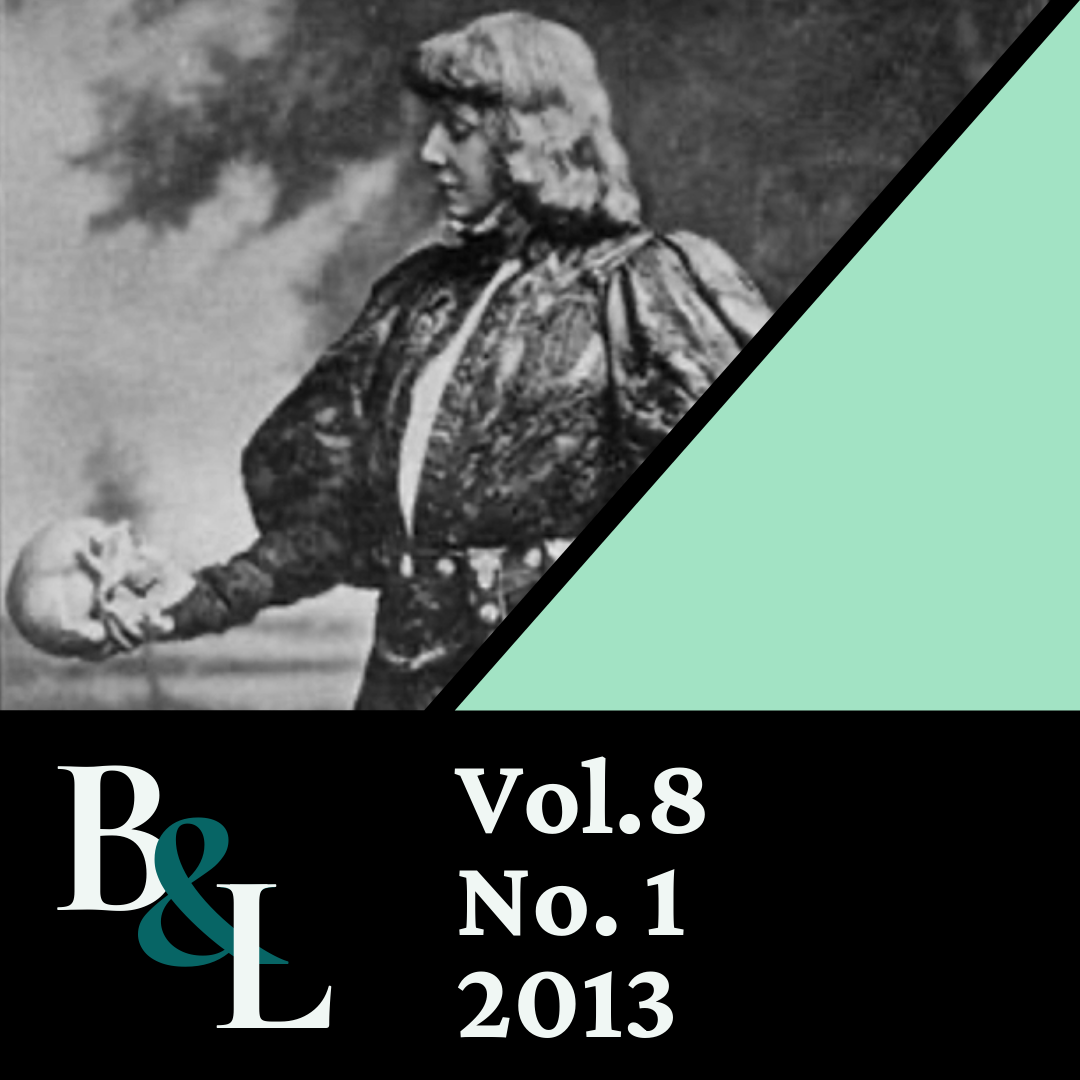Joanna Baillie and the Anxiety of Shakespeare's Influence
Keywords:
18th Century, Women WritersAbstract
Joanna Baillie, a drama critic as well as a dramatist, began during the last decade of the eighteenth century to develop her own theory of tragedy and comedy, based on human emotions, the elemental instincts that prompted Shakespeare's characters to action over two hundred years before. Baillie could not escape Shakespeare's early influence; even if she had tried, critics and colleagues regularly reminded her of her debt. While Baillie admitted her poetical debt to Ossian and to Robert Burns, her Romantic "naturalness" was indeed fresh and original. Her dramatic writing, however, followed many of the themes of Shakespeare — love, hate, revenge, jealousy, ambition — and she defended and defined her focus on such passions in her "Introductory Discourse" to A Series of Plays, whereas Shakespeare was tacit about his scheme if, in fact, he had one.


